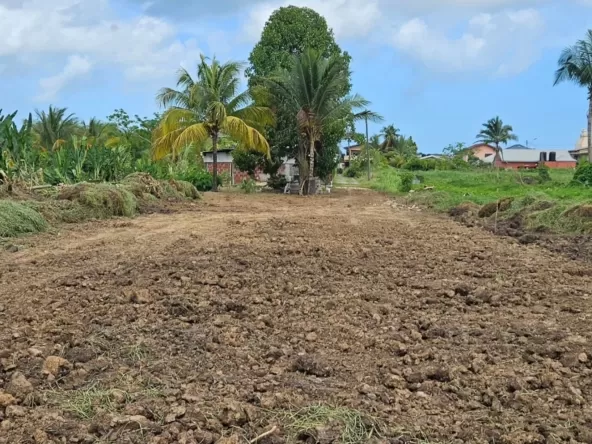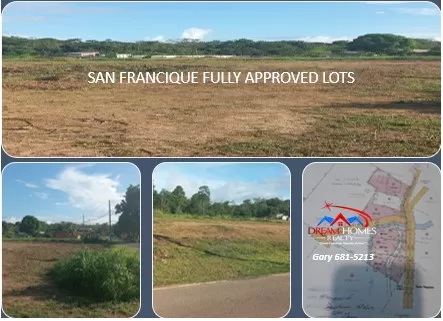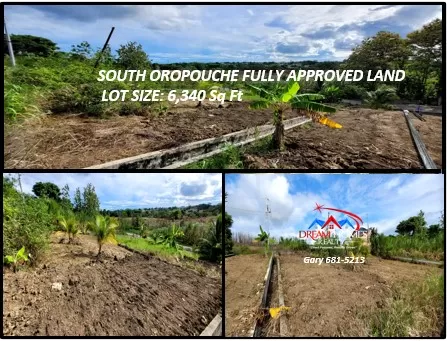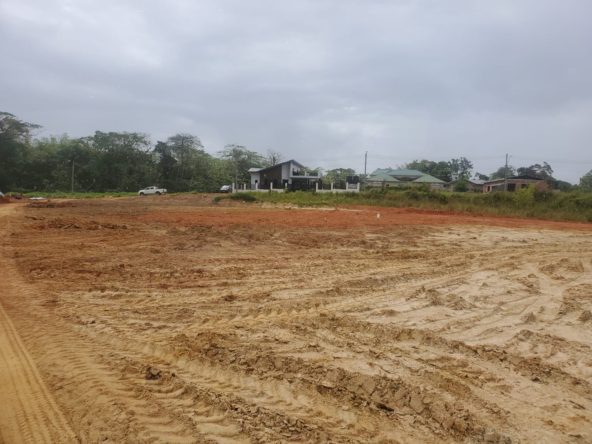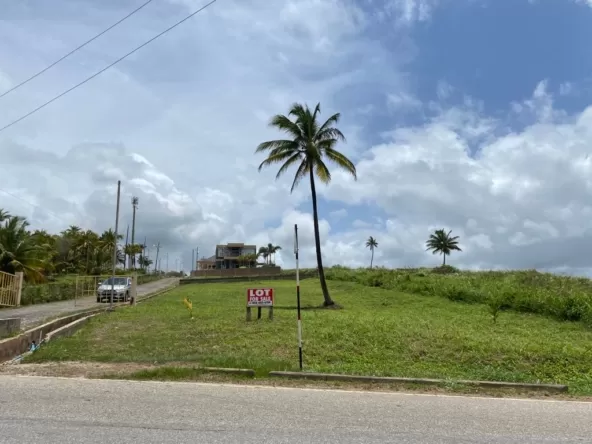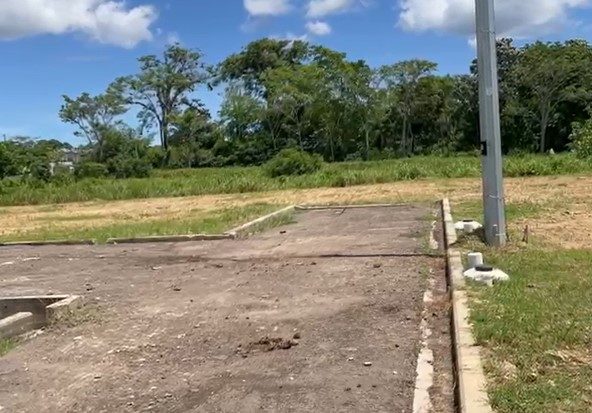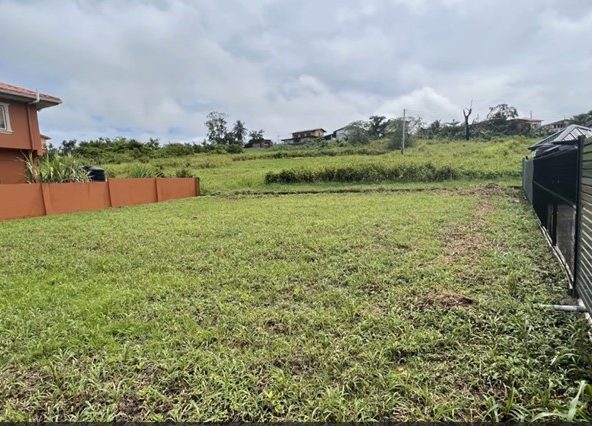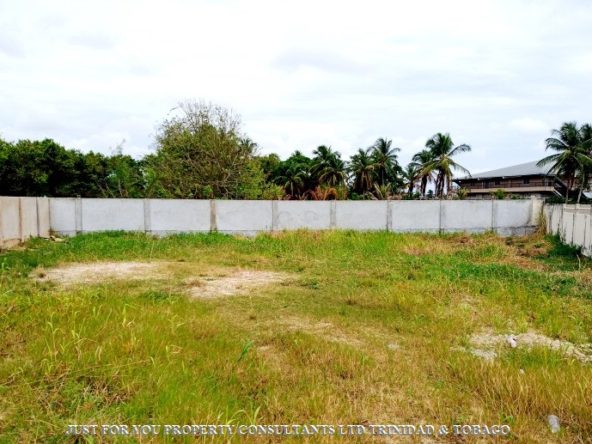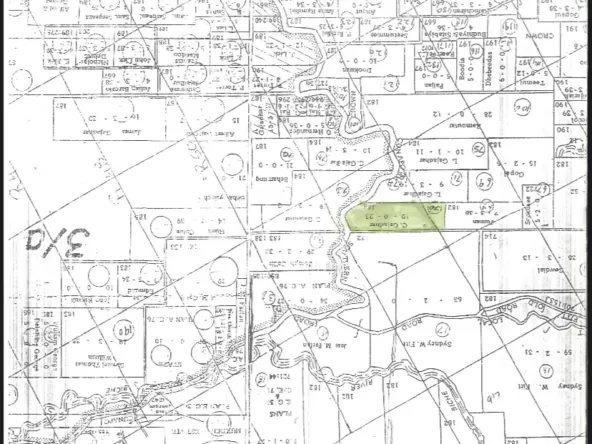
When Searching for Land For Sale in Trinidad and Tobago. When you are looking for a house and land for sale in Trinidad and Tobago, there are several factors that you need to take into consideration from the start. You would want this transaction to run smoothly, and in this article, we would give you an idea of what to expect when searching for land for sale in Trinidad and Tobago. Here are some of the things you need to look at:
- Processes for conveyancing transactions
- Issues concerning Foreign Investment.
- Systems of Land Title in Trinidad and Tobago.
- Taxes on the transfer or sale of real estate.
- Land Taxes and new laws of Trinidad and Tobago.
- Issues with the development of land and change of use.
Land for sale in Trinidad- Conveyance
Process of Conveyance of Land for Sale in Trinidad and Tobago.
The acquisition of Real Estate in Trinidad and Tobago is made formal and begins with the entering into a Sale Agreement.
The purpose of going into such an agreement is to give the Buyer a chance to carry out due diligence on the Land listed for sale, such as verifying the legal owner utilizing a Title search. By the laws of Trinidad and Tobago, a Sale Agreement must be made in writing and signed by both the Buyer and Seller.
While there is no specific form of the contract, a sale agreement usually contains:
- The legal Names of both Buyer and Seller;
- A detailed property description of the Land;
- The Purchase price of the Property/Land;
- The period to close contract (which is normally 90 days);
- all documents which the Seller is required to produce before closing; and
- any terms relating to the purchase and sale transaction.
Land for Sale in Trinidad -Finding the Right Buyer
If a Real Estate Agent is employed to find a suitable buyer for the Land, the agent often uses their agreement for sale. However, it is recommended that the Buyer ensures that the deal is reviewed by their attorney before it is signed off. Alternatively, the Buyer or Seller may engage the services of an attorney to prepare an agreement.
In this case, where a Real Estate Agent is used to procure a buyer, their commission on this transaction is usually 3-5% of the Selling price of the Land.
Documents Required For Selling Land in Trinidad and Tobago
For most of the transactions concerning conveyance, the Seller is required to procure the following documents for the Buyer and his/her attorney (where possible):
- The title of the report by which the Seller acquired the Land
- If the Land is registered under the Real Property Act, the duplicate original Certificate of Title will also be required;
- Duly executed instruments of the release of all outstanding mortgages on the Land;
- Current receipts and bills for WASA,
- Lands/Buildings Taxes and a WASA Clearance Certificate;
For Leasehold Properties (Land for sale Trinidad and Tobago) :
- Up to date receipts for rent of land and condominium charges; and permission of the lessor; and the Share Certificate of the Sellers’s interest in the management company;
- If the Seller is a company, a seled and signed and dated by-laws of the Company and the current Annual Return; and
- If the Land was recently developed by the Seller, the Final approval or Completion Certificate from the Local Regional Authority.
Land for Sale in Trinidad: 4 Tips to Avoid Fraud
How do you avoid fraud when purchasing a piece of land for sale in Trinidad? If you saw Jeff advertising land for sale, and you like the price of land, so you ended up purchasing it.
Now imagine that after you purchase the land, John shows up and says that the person who sold you the land, does not have the right to do so, and the land is really John’s.
What you have to consider in the situation above, that Possession does not always equate to Ownership.
Now lets imagine that someone is occupying the land. Not because someone is cocupying the land, that means that they own it. What we are interested in is a Person’s right to be able to Transfer the Title.
There are many entities misrepresenting ownership! How do we know who is the owner and if the deed is legit? Simple, we conduct a Title Search! Searches reveal the transfer of Ownership from one entity to another over a specified time period, it can be ten, twenty or even a 100 Year search.
The Purpose of a Search is to verify the Seller’s right to transfer ownership as well as discover any claims, errors, assessments, debts, or other restrictions on the property. For now let’s focus on the Seller’s right to Transfer ownership. The real question is what does an attorney look for in these searches which gives the confidence the deed is a proper title.
Tip #1: Is the Deed Registered?
A Seller can sell the same property to 10 people, obviously this is fraudulent, but the court will issue the rightful title to the person who registers their deed first. When you are buying property, the person you are buying land from, is their title registered?
What if the 10th buyer registered his land, and the 4th and 5th buyers are trying to sell you their unregistered land and they tell you, they bought first. IT Doesn’t matter Who Bought First! Whoever registers their title first is the rightful owner.
Tip #2: Can the last Owner provide Proof of Ownership?
For example, land and building tax receipts, WASA Clearance etc. Your attorney will apply for a Certificate of Assessment at the District Revenue’s office to verify the vendor is in fact the actual property owner.
The Importance of Old bills and documents showing proof of the last owner living on the property during the valid time period cannot be stressed enough.
Court cases have been won with simple Utility bills dating back to the 40’s and 50’s. These documents will stand in court!
Get Them and Keep Them! On a side note if, you are trying to sell a property, get the WASA Clearance, you cannot register a deed without it.
Tip #3: Are there any Suspicious Transfers of Ownership?
Inception of a Deed is known as a Root of Title. From the Root of Title, it has been transferred to various owners up to present day. Is there anything odd about certain transfers during various time periods?
For instance there may be no trace of an owner in the 60’s but it was transferred to someone in the 70’s. What happened to the previous owners and who did the 70’s buyers purchase from? Suspicious time periods are called gap.
A gap may well be fine, and all transactions during before and after the time period were correctly done but this is where all the fraud happens. Let’s say, there is a gap on someone’s deed and a buyer’s Attorneys going to the Root of Title, will find the Gap, and most likely recommend against the purchase of this land for their client.
The Seller wants to get rid of this property for whatever reason, so I am sure you have hear about, people going into the Red House, throwing out authentic documents and placing their own to match their History of Transfers on their Title.
This is Fraud and that is also why it is important to do Root of Title Search. After a 20 year search, documents are hard to replace, as they are:
1. Hard Copy
2. Coloured due to Age
3. Original Stamps are not easily replicated
Tip #4 Can You Identify authentic documents?
Some common law deeds have bar codes whereas older ones do not Documents are really old and can tear easily. Its very difficult to reproduce fraudulent documents on old paper.
So the seller next time around, goes and makes up his own history, allegedly places documents in the red house validating the new history, finds a dead lawyer and forges his signature because dead men tell no tales and the gap is now filled. This is why you must be careful when purchasing land for sale in Trinidad
They may even forge the signature of a lawyer which is alive. Always check to see whether signatures are forged! There are lots of different ways to pick up on these scams, but a seasoned individual may be able to get away with it.
Again, documents proving Ownership such as land and building tax receipts etc. are priceless! When conducting searches, if there is anything suspicious within a 20 or 25 year search, your lawyer will extend the search to the Root of Title.
We recommend you go straight to the Root of the Title. Title searches can range from $500 to 4,000. Please get the Searches done by a reputable attorney.
Mortgage buyers, use the attorney on the bank’s panel, it will save you on closing fees. The Big Idea behind this video, have Root of Title Searches done and look for the gaps!


